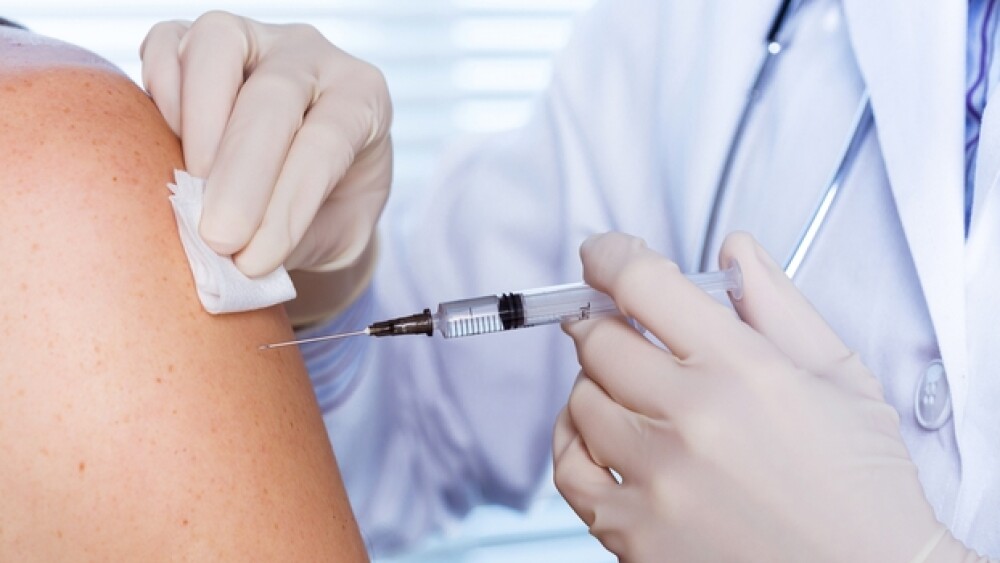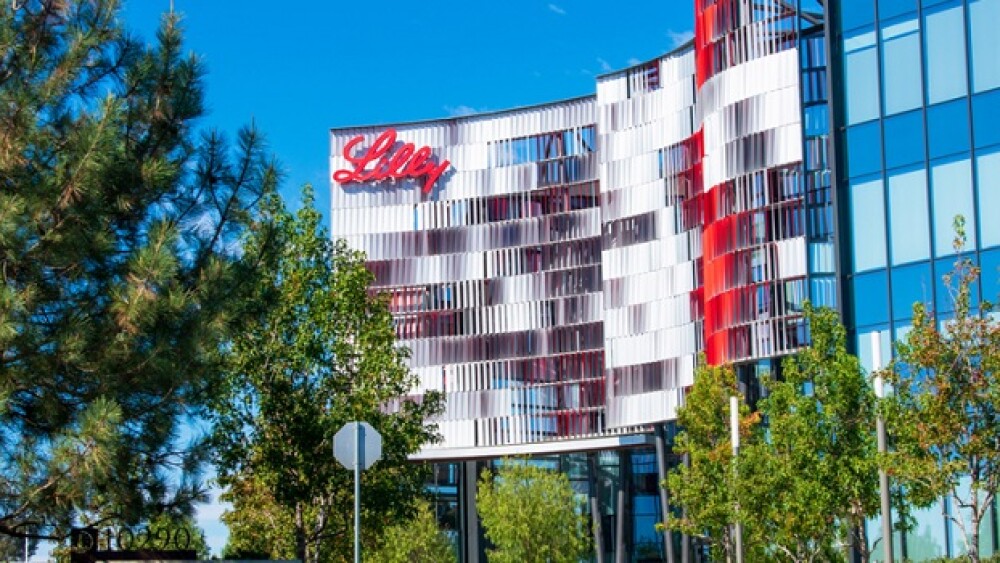It has already administered the first doses of the candidate in healthy human subjects, and the company intends to initiate a Phase II/III trial this coming October.
Biopharmaceutical company Medicago announced today that it has begun its Phase I clinical trial for its plant-derived COVID-19 vaccine candidate. It has already administered the first doses of the candidate in healthy human subjects, and the company intends to initiate a Phase II/III trial this coming October.
“We are thrilled to see our COVID-19 vaccine candidate enter the Phase I trial, and we look forward to obtaining safety and immunogenicity results in October,” said Nathalie Landry, Executive Vice-President, Scientific and Medical Affairs at Medicago. “Our progress continues to demonstrate the value of Medicago’s unique plant-based vaccine technology.”
The Phase I clinical trial is a randomized, partially blinded study involving 180 healthy volunteers between the ages of 18 and 55. It is designed to evaluate doses of 3.75, 7.5 or 15 micrograms of the recombinant Coronavirus Virus-Like Particle (CoVLP) vaccine candidate by itself, or with an adjuvant in a prime-boost regimen.
Medicago is testing its vaccine candidate with two adjuvants separately – GSK’s proprietary pandemic adjuvant technology, as well as Dynavax’s CpG 1018. Utilizing an adjuvant can potentially boost the immune response of subjects and reduce the amount of antigen needed per dose. In turn, this allows for more vaccine doses to be produced.
“Creating a sufficient supply of COVID-19 vaccines within the next year is a challenge which will require multiple approaches, with different technologies,” said Dr. Bruce Clark, President and CEO of Medicago. “Our proven plant-based technology is capable of contributing to the collective solution to this public health emergency.”
At the moment, Medicago is the only company with plant-based manufacturing technology that has completed Phase III clinical trials and pandemic Phase II clinical trials. The company intends to manufacture approximately 100 million doses of its vaccine by 2021.
Rather than using animal products of live viruses to create its products, Medicago uses Virus-Like Particles (VLPs) that mimic the shape and dimensions of a virus, which allows the body to recognize them and create an immune response in a non-infectious manner.
Medicago announced back on July 8 that it had entered a collaboration agreement with Dynavax to investigate an adjuvanted vaccine candidate to protect against COVID-19. As previously mentioned, Medicago is exploring the use of Dynavax’s CpG 1018 to enhance the immune response of its COVID-19 vaccine.
“The ability of CpG 1018 to enhance the immune response, as demonstrated in HEPLISAV-B, combined with the ability to scale-up manufacturing to produce large quantities quickly, makes it ideally suited in this environment where quantity, speed, and safety are all critical factors in addition to generating an effective immune response across all adult ages,” said Ryan Spencer, Chief Executive Officer of Dynavax.
GSK and Medicago announced their new collaboration agreement back on July 7, which is looking into the use of Medicago’s recombinant CoVLPs with GSK’s pandemic adjuvant system. Both companies intend to complete development and make the COVID-19 vaccine available in the first half of 2021, pending successful clinical development and regulatory considerations.
“This agreement paves the way for an innovative vaccine option combining a scalable plant-based antigen technology with an adjuvant which has pandemic dose sparing capability,” said Dr. Thomas Breuer, Chief Medical Officer, GSK Vaccines. “If successful, it will be a meaningful contributor in the fight against COVID-19. We strongly believe that multiple vaccines are needed, including post-pandemic vaccines. This plant-based technology also shows promise beyond COVID-19 and has the potential to help prevent other infectious diseases.”





